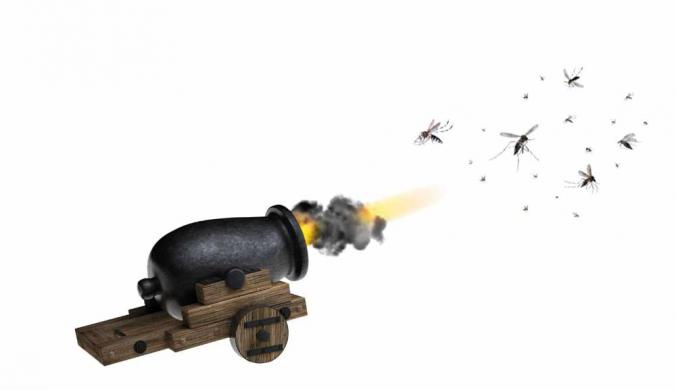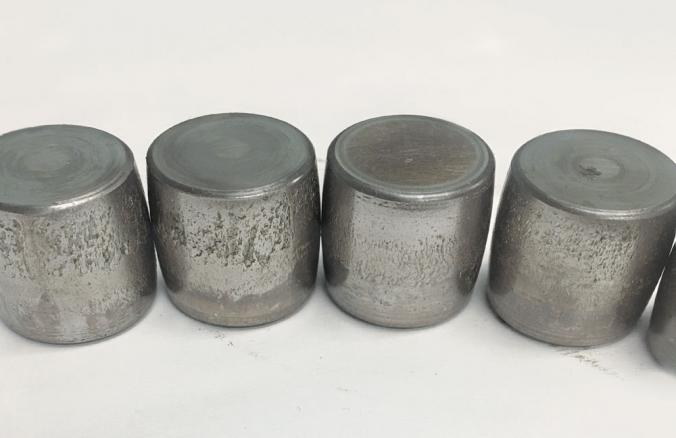Plant and component testing through digital glasses
On-site inspection of plants and components is a challenge in pandemic times. Smart glasses can make it easier to check plants and components remotely.
The global market for inspection, repair, and maintenance (IRM) will grow from nearly $43 billion in 2022 to more than $73 billion by 2029. This is the conclusion of an analysis by Fortune Business Insights, a global market research and consulting services company. And this is despite pandemic-related restrictions. To meet this need, operators and manufacturers are increasingly using remote inspections and smart glasses.
The intelligent data glasses are used in the development, maintenance, troubleshooting, and training of technical systems and equipment. In this process, an on-site inspector with smart glasses is in contact with remote experts via the Internet. They follow the inspection step by step on a computer screen and guide the inspector. This not only ensures compliance with pandemic-related walk-through bans. Companies also save on travel time and costs, and it is easier to involve experts from a wide range of disciplines. They are available online at shorter notice, so downtimes are reduced. It is also a plus for climate protection.
TÜV SÜD uses the technology for production monitoring, acceptance testing, site acceptance testing, and training and further education. The HMT-1 model from the US manufacturer RealWear is used, equipped with the SHARE app from the German software manufacturer oculavis GmbH. In addition to the visual connection, all experts involved also exchange tutorials, manuals, or circuit diagrams. The wearer is guided via a movable screen on the edge of the glasses and forwards videos and photos in turn - in real time. If necessary, the experts review the material again.
The data glasses are robust and durable and can also be used in noisy machine rooms or damp or dusty industrial halls - even under protective glasses and helmets or hearing protection. They can also be connected to a hearing protector. The microphone can be muted, or noise cancellation can be activated. To enable the wearer to use both hands for inspection, the glasses offer a voice-controlled user interface. All this reduces occupational risks for employees.
Smart glasses require a fast and stable internet with a recommended bandwidth of 4Mbit/s (up/down). All inspection data must be stored under high security requirements in accordance with the General Data Protection Regulation (GDPR). TÜV SÜD uses its own servers for this purpose, which are certified in accordance with the international standard ISO/IEC 27001 - Information
Security Management. Before a RI is initiated, the customer must allow video and audio transmission. On site, a data protection officer should be involved for approval, and privacy measures such as face blurring should be defined.
TÜV SÜD was commissioned by a Chinese manufacturer to assess the quality of its valves for use in nuclear and thermal power plants. Due to travel restrictions, only employees of TÜV SÜD Greater China were present on site. Via smart glasses, they called in electrical engineers, mechanical engineering experts, and specialists in nondestructive testing and leak tightness as well as seam welding. The team succeeded in successfully assessing the valves within the tight time frame. This saved the company seven round-trip intercontinental flights of 11 hours each, as well as 20 tons of CO2.
Smart glasses make it easier to check plants and components remotely – on site, one expert is enough, remotely, a multidisciplinary team can easily be integrated. Prerequisites include a stable network connection and high data protection requirements.
Christoph Gatzen
Head of Instrumentation, Control and Electrical Division
Head of Inspection Body “Energietechnik”
TÜV SÜD Energietechnik GmbH Baden-Württemberg
Simon Lemin
Director of Industry Service Division
TÜV SÜD Greater China
Text and IMAGES: tÜV SÜD













